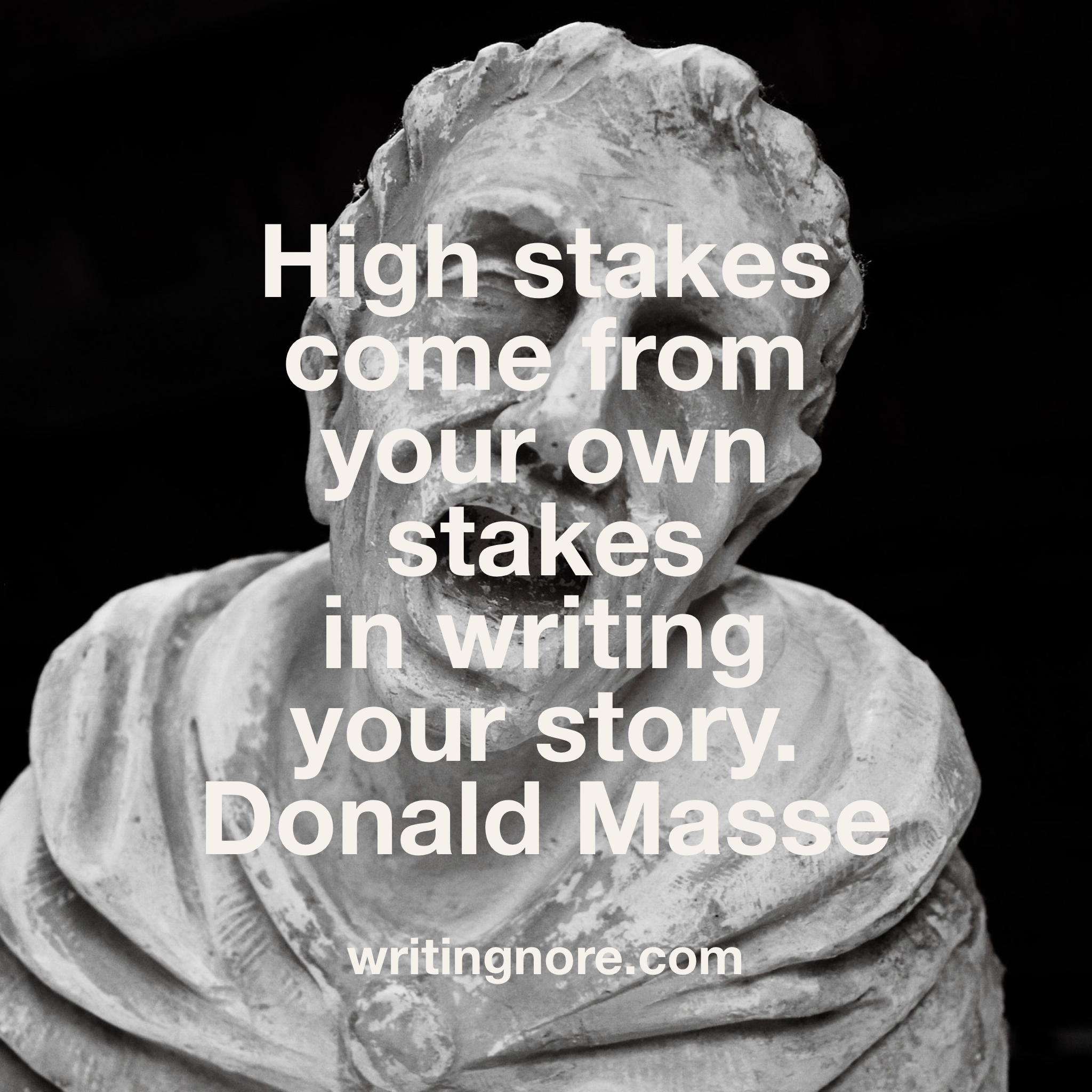


In challenging times, always remember the rainbow.


Hi everyone
My blogs have, until recently, been all about writing.
With the publication of my debut novel in August, I’ve decided to change tack and write some opinion pieces.
You may have seen my piece about Anzac Day, which stirred up strong feelings as many of us have relatives who are or have been involved in wars, or indeed may have experienced them ourselves.
Some of my new blogs will be opinion pieces on topics I feel strongly about. Hence the quote about courage, because some of it will be close to the bone. Gulp. I don’t know if anyone will be interested in reading them, but it’s important for me to write them.
Others will continue to be about writing. For example, I plan to write about the what the editing process is like from the inside.
Keep on writing. Keep on reading. Keep on thinking you creatives and thinkers. Never, ever give up.
Nore xo


The full quote from Scott Belsky goes like this:
‘No extraordinary journey is linear. The notion of having established ideas and making consistent incremental progress is impossible. Those seeking a linear journey can still be successful, but often they struggle to create anything new.’
Something to remember when your work in progress isn’t doing what you want it do to. Now, get on with your creating 🙂

At the core of every story is conflict. Conflict keeps us engaged and wanting to read on. It’s meaningful and relatable, and why we love stories. This conflict must be powerful, deep and complex enough that it requires an entire novel to resolve.
Here are some ideas:
As I research and plot my next novel, while I’ve landed on a broad theme, I still need to find the drama or conflict to bring it to life, move it along and give it power. Are the stakes high enough yet for my main characters? Not yet. These second novels can be challenging…


I have mixed feelings about research. On the one hand it can be dull because it’s not actual writing and can take discipline, but on the other hand it’s learning and it’s creative because I don’t know what exciting things it will bring to my story.
Research can also be a fearful process. Will I find the story hook I need? Will it give me the dramatic plot points I’m seeking? Will it fit with the story I have in my head? Or will it take me down rabbit holes? This depends, of course, on how much of your story exists in your head, and whether you’re a pantser or plotter.
There’s the danger too that research can become a procrastination point, as it has with me lately. Here are my best tips on how to research effectively and efficiently:

While all fiction and creative non-fiction requires strong characters with something to say, my next novel, a strained family saga, is especially character driven. I’m reading The Art of Character by David Corbett to extend and deepen my abilities, and (in theory), liberate my creativity. What are you doing to improve your work?
